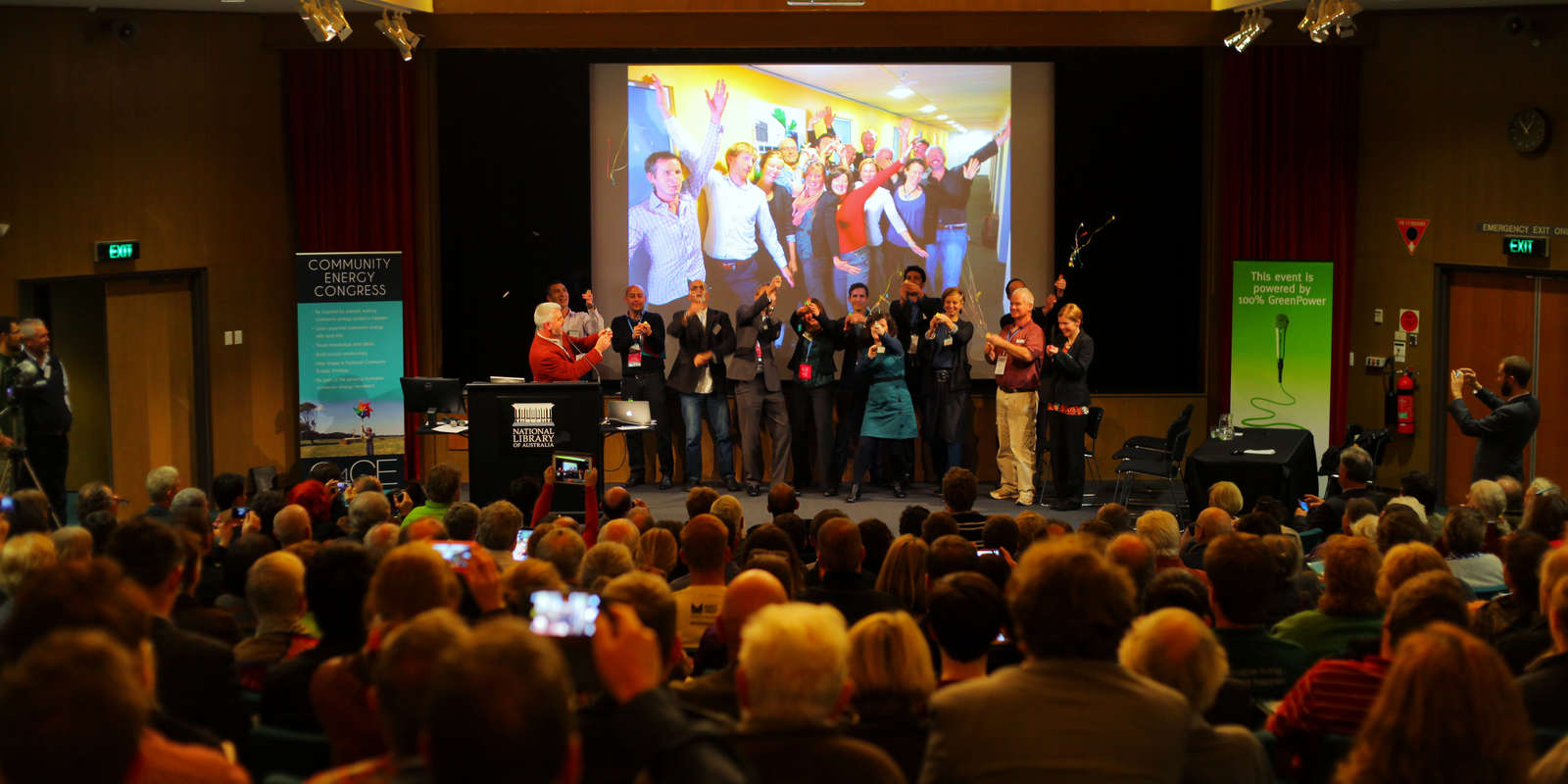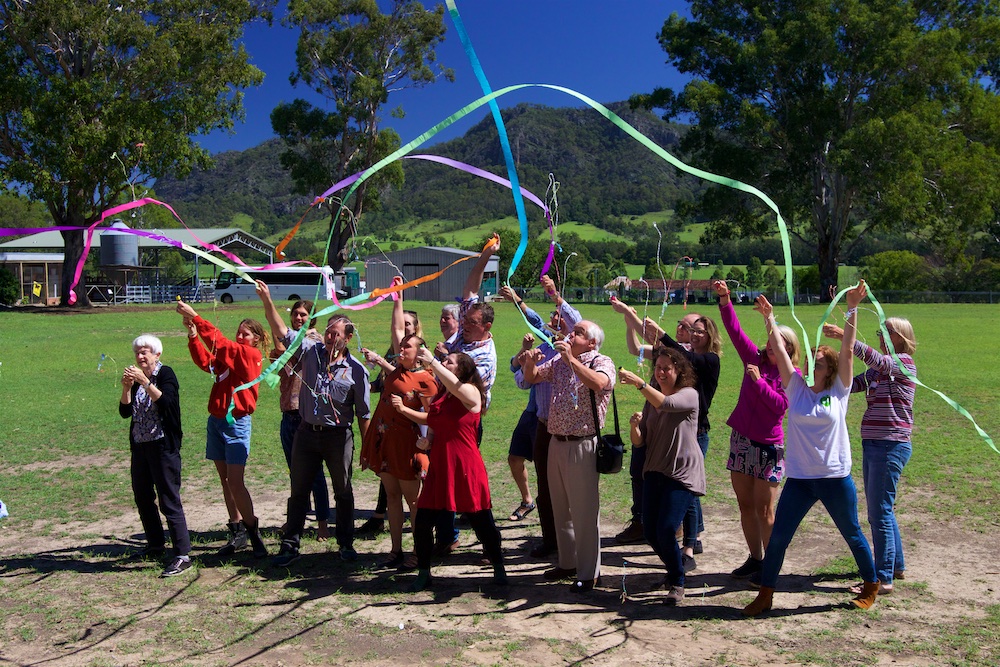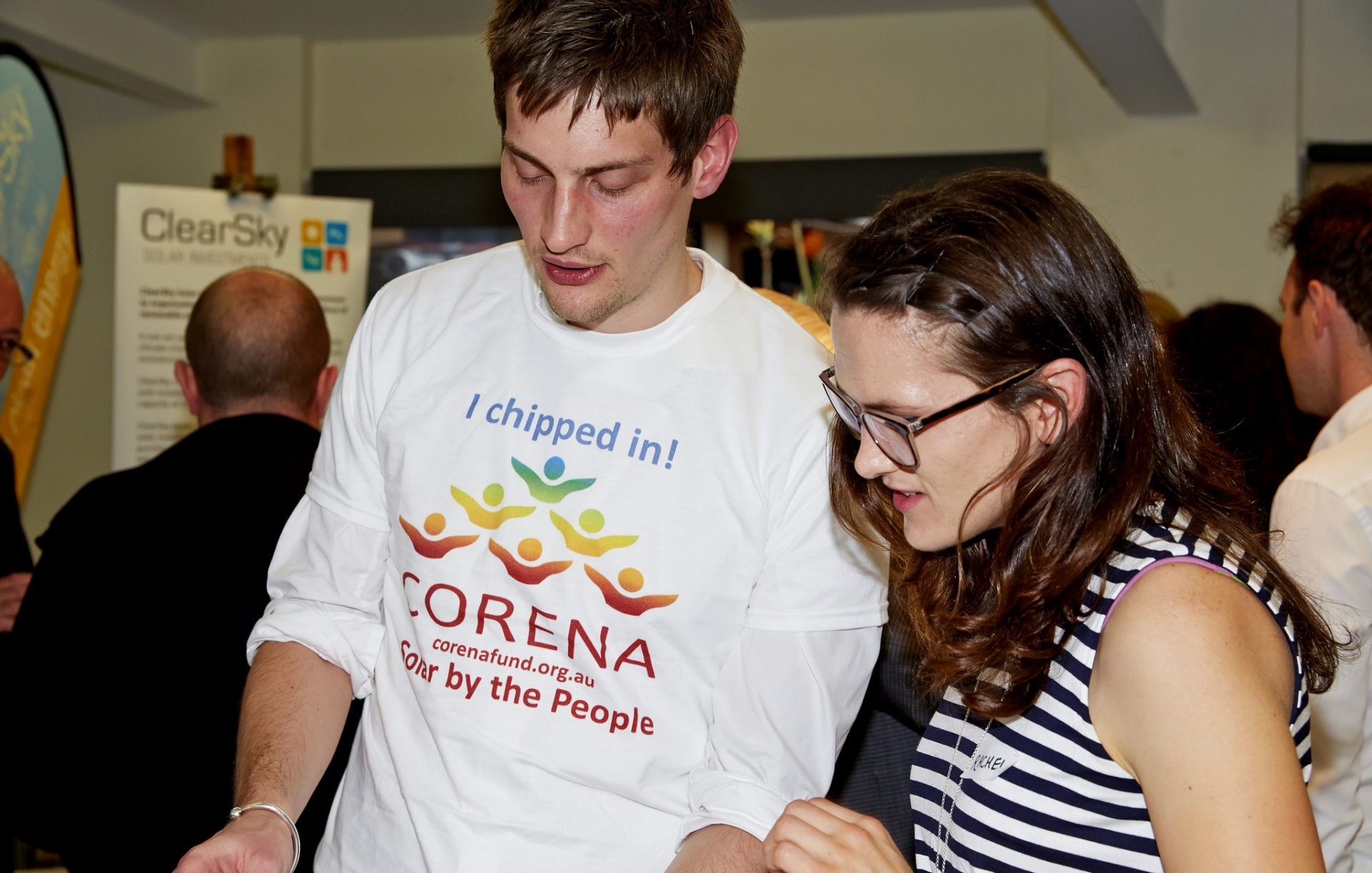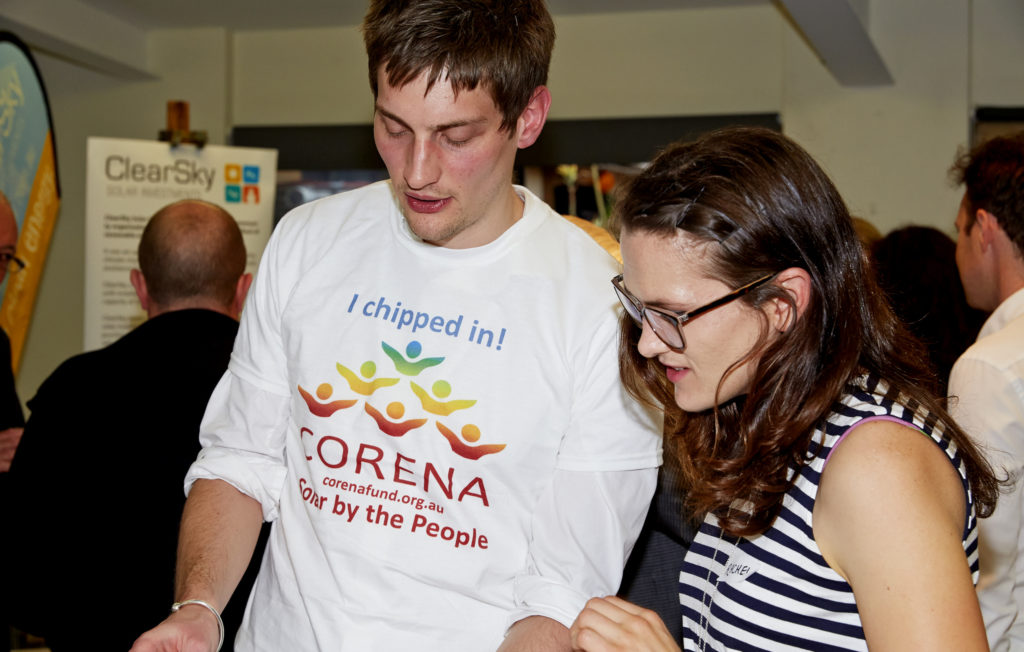
December 2021 saw two notable “firsts” in Australia’s energy transition.
An impressive milestone for South Australia, where wind and solar farms entirely powered 100% of that state’s energy needs for a record 6.5 days, just shy of a whole week.
Meanwhile in different locations around the country, renewable energy practitioners logged in to the final session of an online course teaching them new social license tools many in the industry and civil society say is critical to delivering the pipeline of new renewable energy developments on the path to Australia’s 2050 net zero emissions target.
Community Power Agency (CPA) and the Yunus Centre (Griffith University) developed the 8-week online professional development course to increase people’s confidence and skills to deliver industry-leading community engagement, benefit sharing and local procurement for commercial renewable energy developments.
The ‘Socially-responsible renewable energy development’ course is the first of its kind to be offered in Australia and was made possible with the support of renewables advocacy group RE-Alliance and philanthropic donors Danny and Sue Mathews from the Mullum Trust.
With 10 years experience in advising governments, companies and civil society organisations on community engagement and benefit sharing for renewable energy developments, course facilitator and CPA Director Dr Jarra Hicks said achieving a social licence to operate was different for each project and couldn’t be guaranteed with business-as-usual tactics.
“The renewable energy landscape is undergoing rapid change. As states and territories roll out renewable energy zones worth billions of dollars, it is essential that projects put their best foot forward through good quality, high-impact community engagement and benefit sharing practices”, Dr Hicks said.
The course featured practical on-the-ground knowledge from 11 invited industry leaders for lively discussions that spanned the full experience of renewable energy development.
Content included learning-edges for the industry around engaging with first nations communities, how to deliver community co-ownership and co-investment ,models and how to deliver value in local communities through local procurement strategies – as well as training practitioners in practices of community engagement and benefit sharing.
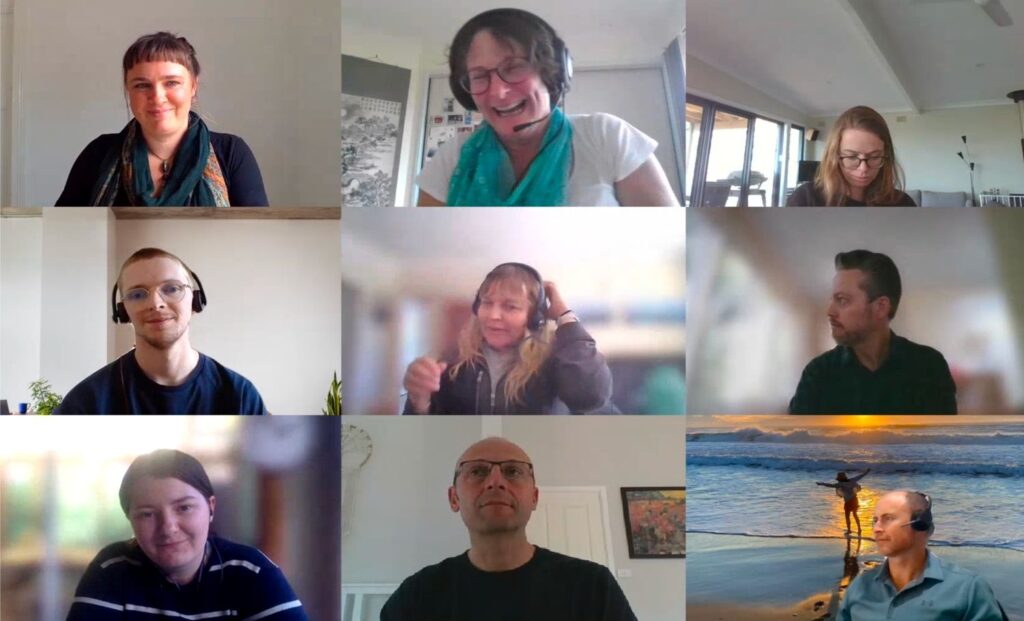
“We had a great group of people who were highly engaged with the course and were keen to share their experiences and thoughts with their peers”, Dr Hicks said.
The course attracted 20 participants from a range of backgrounds including managing directors of renewable energy companies, project engineers and community engagement staff, as well as people from indigenous and community organisations.
“This was a fantastic course offering a deep dive into best practice community engagement in the renewable energy sector – I learnt a lot and look forward to recommending the next series to colleagues.” – Lauren Mellor, Clean Energy Communities Coordinator – Northern Territory, Original Power, an indigenous-led advocacy organisation empowering Aboriginal and Torres Strait Islander communities with renewable energy.
“Such a fabulous course. I am so grateful to be able to learn from so many thought leaders in this space, including the course facilitator Dr Jarra Hicks.” – Mieka White, Communications & Community Relations Officer for power generation company RATCH-Australia
“This course is a timely and positive contribution to the industry.” Andrew Dyer, Australian Energy Infrastructure Commissioner, Australian Government, who helps industry and governments by identifying and promoting the adoption of best practices for planning and deploying energy infrastructure projects.
The course will run again in Q2 2022. Sign up to the CPA newsletter to be the first to receive updates.
